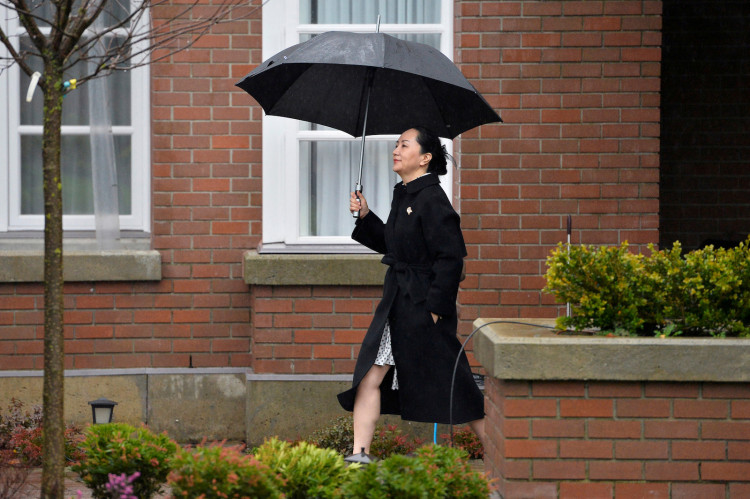A political scientist claims that the upcoming trial of Huawei's chief finance officer (CFO) Meng Wanzhou would be critical to China-Canada ties. Meng is expected to appear in Vancouver court for the trial this Wednesday.
UBC political scientist Yves Tiberghien shared her sentiments about the possible effects of Huawei CFO Meng Wanzhou's trial to China and Canada's relationship. Tiberghien claimed that the case already has international implications and that the judge to rule on the case would base the decision on a narrow focus.
He explained that Justice Heather Holmes of Vancouver court would announce the next step regarding the extradition of the Chinese tech executive. The decision would pave the way as to whether Meng would be extradited to the United States or would be allowed to go home.
Tiberghien added that China is already displeased with the situation, and Canada might be under a period of damage control. However, he said that there has been no further escalation at the moment.
Tiberghien believed that the issues surrounding the case refer to dual criminality and perceives it as a complex case. He noted that Meng is up for trial on bank fraud allegations and regarding Iran sanctions imposed by the United States.
If Justice Holmes would rule in favor of dual criminality where the alleged violations would be covered in both Canada and the US, the case would only be bank fraud. However, if the decision goes against dual criminality, then Meng would be faced with alleged violations of US sanctions about business dealings with Iran.
The Chinese government had urged the Canadian government to release Meng when she was arrested for the said allegations in Canada.
Tiberghien then claimed that the case has been awaited to determine whether trade tensions between China and Canada would be adversely affected by it. When Meng was arrested, China also retaliated by holding Michael Kovrig and Michael Spavor in China.
The two Canadians were imprisoned in China since December 2018. The move was seen as a retaliation of China against Canada for detaining Meng within its jurisdiction.
He then added that the worst-case scenario involves China tying the case to arbitrary detention over Kovrig and Spavor.
Meng's lawyers asserted that the Canadian court should dismiss the case since Canada already rejected similar sanctions imposed upon Meng. Canada then said that the Vancouver Justice would merely determine if there is evidence that would prove Meng's guilt of fraud.
If Justice Holmes would decide on freeing Meng, it was revealed that the Canadian government can still file an appeal on the case.





